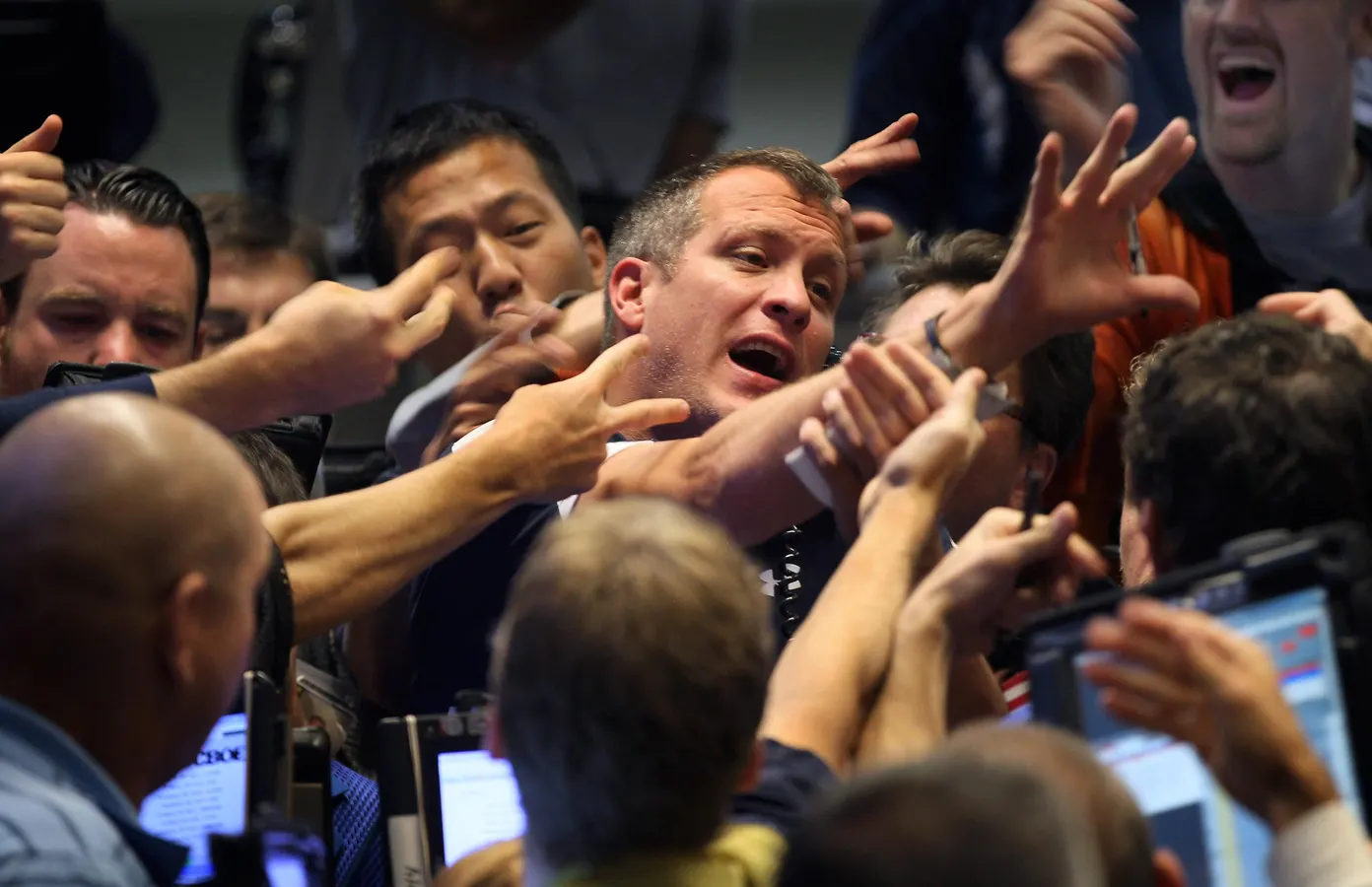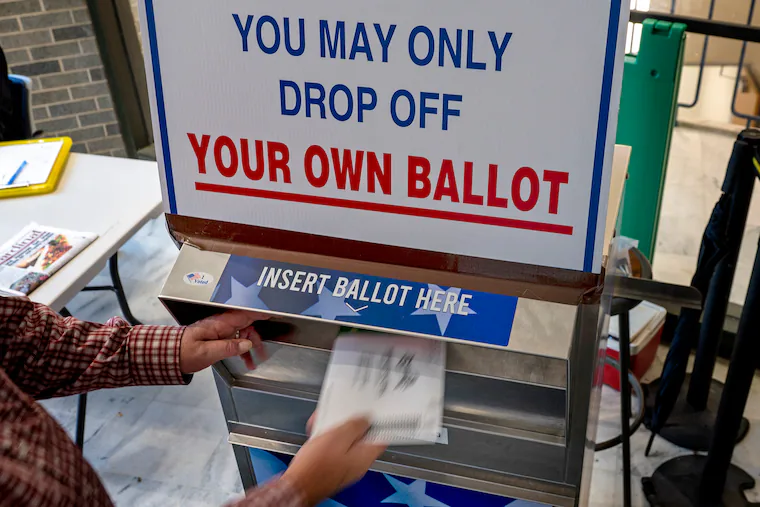Copyright forbes

Fear can be powerful driver of our emotional decisions Getty Images “The investor’s chief problem – and even his worst enemy – is likely to be himself.” Benjamin Graham Managing the fear response Our survival response is innate and, by definition, creates an aversion to pain. The part of the brain responsible for rational decision-making comes secondary to the part that reacts purely on emotion, such as fear and panic. When there is a volatile change in the market, there is an immediate biological response driven by this part of the brain. Only if we can slow this response long enough to have the rational part catch up can we make a calculated, non-emotional decision. The first hurdle here is recognizing that the emotional response is biologically far faster than the cognitive one. This is a helpful survival technique when we need to react quickly to avert danger, but it can be costly if we allow an emotion to move our financial decisions. Don’t invest on an empty stomach. The principle of not food shopping when you’re hungry also applies to investing. When the body is physically exhausted, in pain, overwhelmed or not at an optimal physical state- the decisions being made invariably are impacted. In the culture of hustle that sometimes glorifies the lack of sleep and burning the candle on both ends, it’s no surprise that the stress that is felt physically can then translate to a decision that we would regret. Taking a moment here to check the “hardware” that we are using for our decision making- our body. How has my sleep been? How is my stress level? Is my body functioning optimally or at least close to it, because that is MORE FOR YOU Career takeaway: Check in on your own body. This is the primary tool that you have for any kind advancement or growth, though it is often negelected. Compounding emotional errors Just as one of the most powerful investing principles is compounding over time, an emotional error can set a portfolio back exponentially, not just incrementally. Knowing this is what can compel us to guard against these kinds of emotional errors the same way we may guard the privacy and security of our accounts. Am I now being infiltrated by an emotion that threatens to hijack my decision-making process and drive me to an error that I can regret? There are many specific strategies that you can look into for a deeper dive. Understanding the overall picture first enables you to understand the “why” behind the “how”, which can lead to sustainable changes in investing behavior. “If you don’t know who you are, the stock market is an expensive place to find out.” George Goodman Take inventory Emotion drives all of us on one level or another. Which emotion do you find driving you most? Is it fear? Greed? Anxiety? Shame? It may seem obvious on the surface, but it warrants a closer look in the same way that you would need to open up the books of a company you are investing in or acquiring. There is more to the story beneath a surface emotion like fear. Taking time to ask ourselves what is behind the fear can be the difference between noticing a pattern and breaking it, versus living it out in a costly way. Bottom line Our fear response is normal, but costly if not understood well. Taking the time to understand your own emotional decision-making is just as important as clearly understanding your investment strategy. Your portfolio will thank you. Editorial StandardsReprints & Permissions



